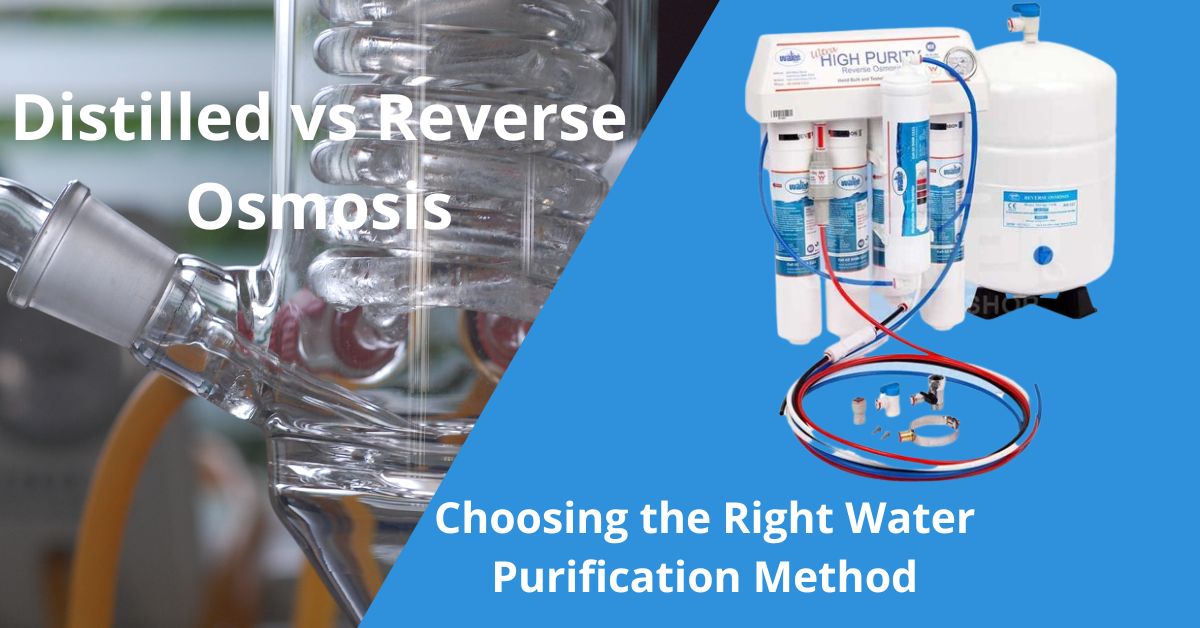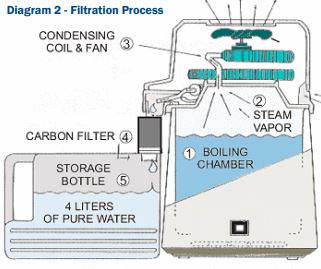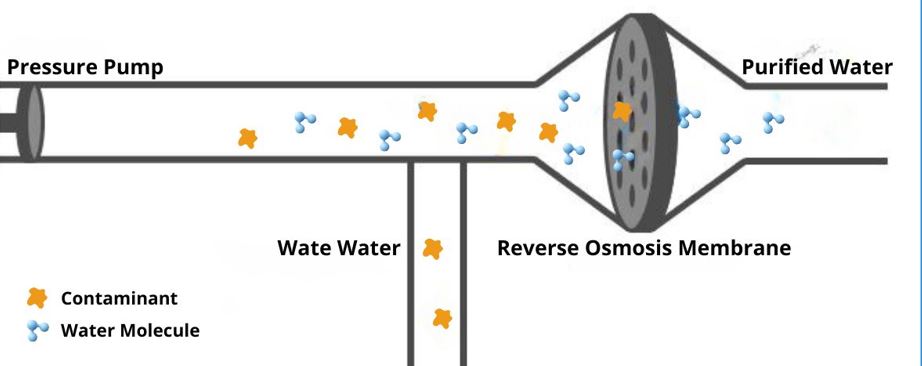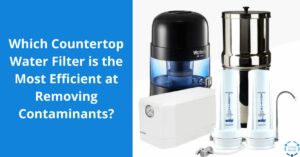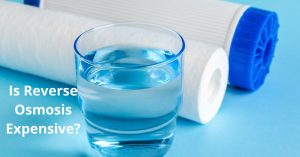As someone who’s spent years in the water purification industry and researching water filtration systems, I’ve received countless questions from people trying to decide between different methods, unsure what would be the right one for their needs. One comparison that comes up frequently is distilled water versus reverse osmosis (RO) water. Both are popular choices for home water filtration, but they work in very different ways, and each has its own set of pros and cons. Today, Let me break down the differences between these two methods to help you make an informed decision about which might be right for you.
Is Reverse Osmosis Better Than Distilled?
This is the question at the heart of the distilled vs. reverse osmosis debate, and like many things in the world of water purification, the answer isn’t a simple yes or no. Let’s explore the details of each method and compare them.
How Do They Work?
First, let’s understand how each method works:
The process of distillation involves boiling water and then condensing the steam back into water. As the water evaporates, it leaves behind contaminants that have a higher boiling point than water. A popular home option for this method is the Megahome water distiller, which can sit on your countertop and produce distilled water.
Reverse Osmosis uses pressure to force water through a semipermeable membrane, leaving contaminants behind. RO systems can range from undersink reverse osmosis to countertop reverse osmosis water filter systems.
Contaminant Removal
Both methods are highly effective at removing a wide range of contaminants, but there are some differences:
Distillation is excellent at removing minerals, many heavy metals, and microorganisms. It can remove some volatile organic compounds (VOCs), but not all. It is also very effective as a fluoride water filter.
Reverse Osmosis is equally efficient in minerals, heavy metals, and microorganisms. It also efficiently removes some VOCs and chemicals, fluoride and PFAS.
If you’re specifically looking for PFAS water filters, a reverse osmosis system is generally considered one of the most effective options for home use by the US EPA.
Megahome Water Distiller
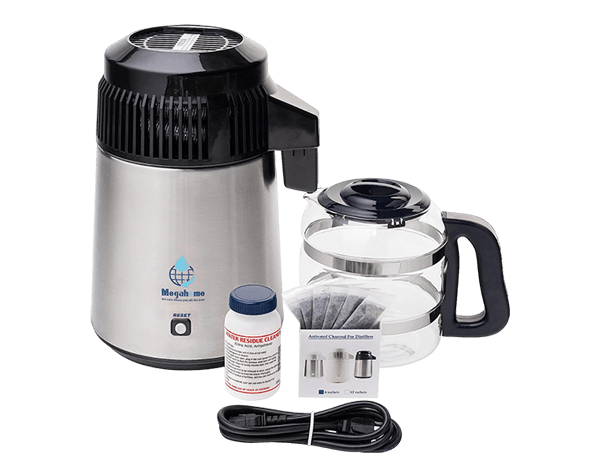
Reverse Osmosis Water Filter
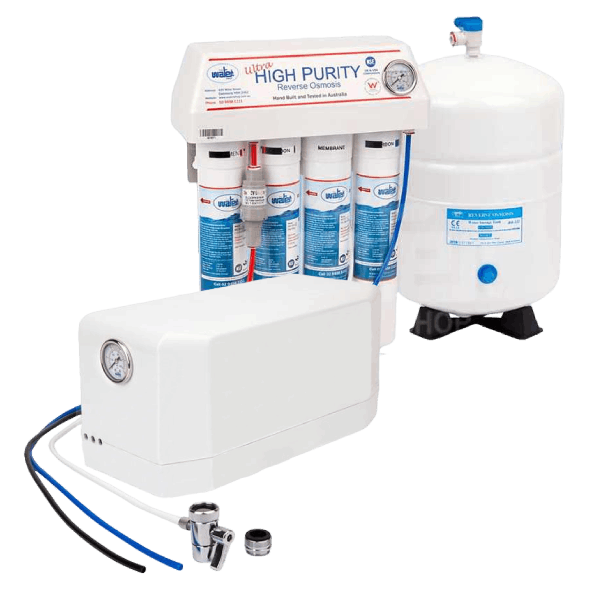
Mineral Content
Distilled water is essentially pure H2O, completely devoid of minerals and other dissolved solids. Reverse osmosis water, while still considered low in mineral content, typically retains trace amounts of minerals. This subtle difference can impact taste and potentially affect how the water interacts with your body.
Energy Use and Efficiency
- Distillation is an energy-intensive process. It requires a electricity to boil water and run a cooling system for condensation.
- Reverse osmosis systems use less energy but can waste a considerable amount of water in the filtration process. However, the design of some modern RO systems aims to enhance water efficiency.
Maintenance and Longevity
A Megahome water distiller or similar unit requires regular cleaning to remove mineral buildup, but has few parts that need replacement. An RO system for home use requires filter changes every 6–12 months and membrane replacement every 3-6 years. However, with proper maintenance, an RO system can last many years.
Distillers, such as the Megahome water distiller, are typically benchtop water filter units that do not require installation. They’re portable but can take up some counterspace.
RO filter come in various forms: Undersink reverse osmosis systems require installation but save counter space. Countertop reverse osmosis water filter systems are becoming more popular and don’t require installation
Whole-house RO systems for comprehensive water treatment are also available.
Production Rate and Capacity
Distillers typically produce water slowly, often around 1 litre per hour. RO systems can produce purified water more quickly, with some capable of producing several litres per hour.
Cost
The initial cost can be similar for a water distiller Australia and a basic RO system. Over time, RO systems may have higher cost for replacement filters while the energy cost for running a distiller can add up over time.
So, Is Reverse Osmosis Better Than Distilled?
After considering all these factors, here’s what I think: Reverse osmosis is slowly becoming more popular than distillation for home use, but it really depends on your specific needs and preferences.
RO systems are generally more versatile and convenient for daily use. They can quickly produce water, can be neatly tucked away under your kitchen sink, and effectively remove a wide range of contaminants, including PFAS.
Distillation does have its place though. If you need the purest possible water for specific applications, or if you’re particularly concerned about certain contaminants that distillation removes more effectively, a distiller might be the better choice.
Making Your Decision
When choosing between distilled and reverse osmosis water, consider these factors:
Your water quality: Have your water tested to understand what contaminants you’re dealing with.
Your space: Do you have room for a benchtop unit, or would an undersink system be better?
Your water usage: How much purified water do you need daily?
Your budget: Consider both initial costs and long-term maintenance.
Your preferences: Do you prefer the taste of distilled or RO water?
Beyond Distillation and RO: Other Options to Consider
We’ve focused on distillation and reverse osmosis here, but it’s worth mentioning that there are other water purification methods available. Some advanced systems combine multiple methods for comprehensive water treatment.
- Benchtop water filters with activated carbon and/or ion exchange: Great for improving taste and odour, removing chlorine, and some organic compounds.
- PFAS water filters: If you are after a water filter that specifically removes these nasty forever chemicals.
- Ceramic water filers: for people who like to combine aesthetic elegance and functionality.
- UV purification: Excellent for killing microorganisms, often used in conjunction with other filtration methods.
- Gravity water filters with Ion exchange: Effective for softening water and removing certain ions.
Whichever method you choose, you’re taking a positive step towards ensuring clean, safe water for you and your family. The best water filter is the one that addresses your specific needs and that you’ll actually use consistently.
If you’re still unsure, consider consulting with a water treatment professional who can recommend the best solution for you.

